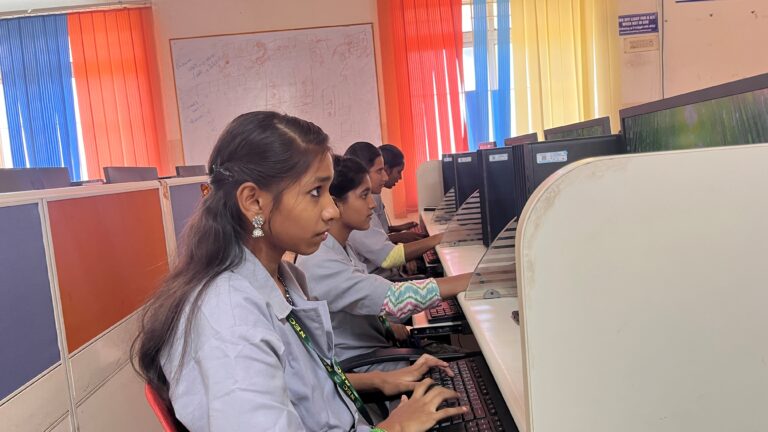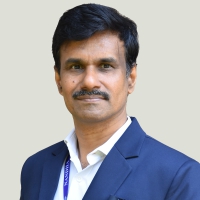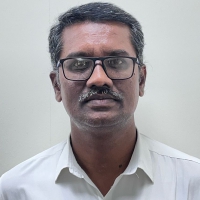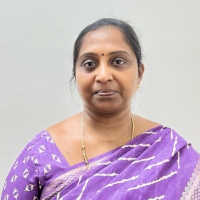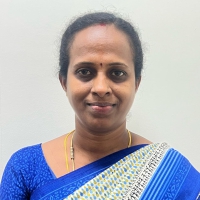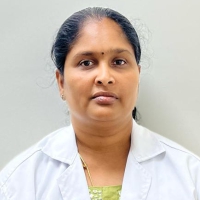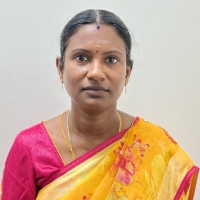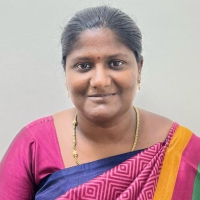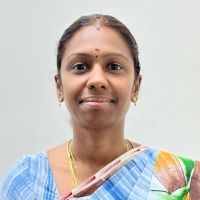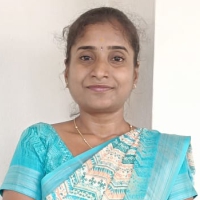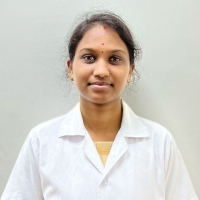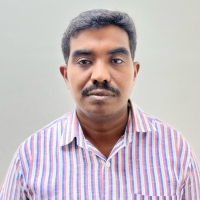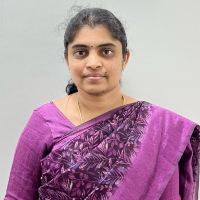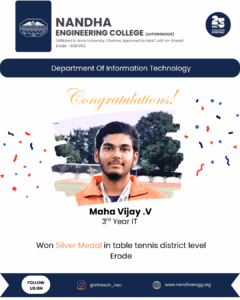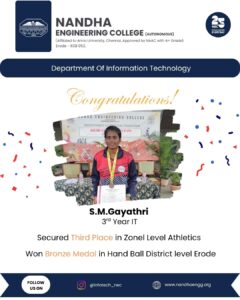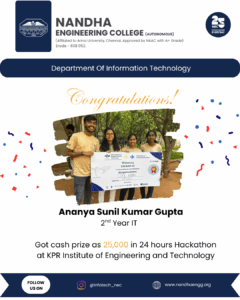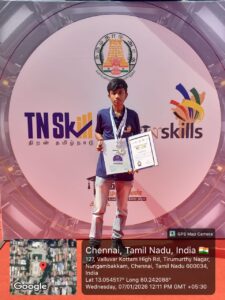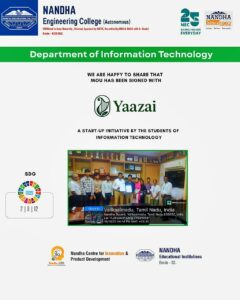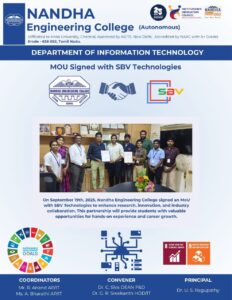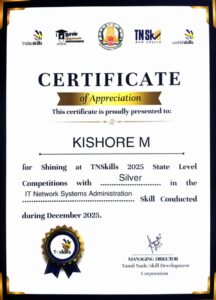
Head of the Department
Programme Offered
B Tech - Information Technology
Intake - 120
About the Department
The diverse developments in computer technology, communication explosion and the internet are bound to make a marked change in our future life. These form the basis for “Information Technology” – the technology coming decades. The department of IT installed confidence among the students to make themselves as experts in the field of computers and to meet the challenges of the information evaluation, NEC with an insight of upcoming trends tries to meet the requirements of this changing global scenario.
The information technology department was started in the year 2001 and provides undergraduate programs in B.Tech (IT). The students are regularly being trained in leading edge technologies with a practical orientation.
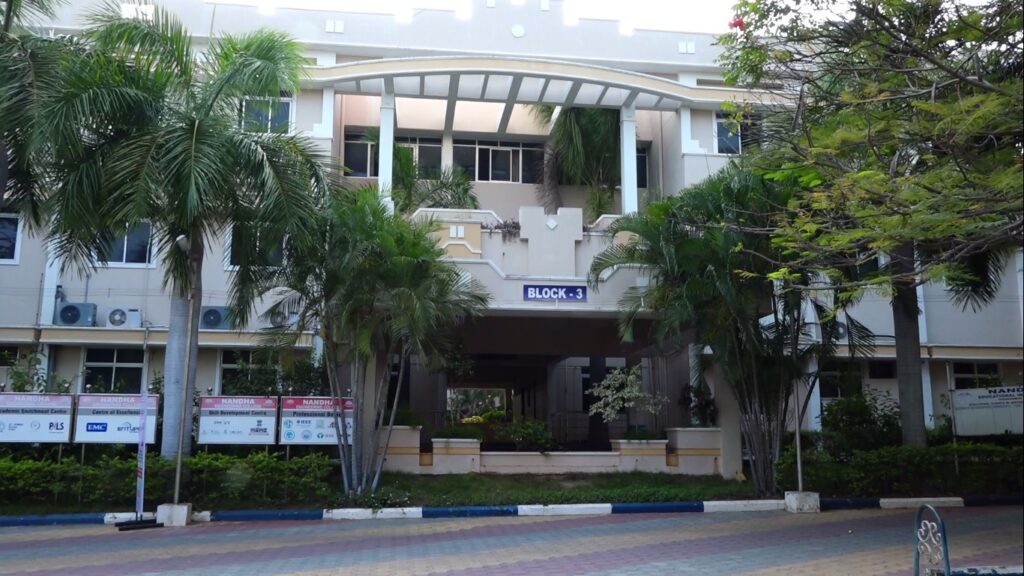
VISION
To build a prominent academic platform by disseminating quality technical education in the field of Information Technology to meet the changing needs of society.
MISSION
Department of Information Technology is committed to
- To produce professionally competent and ethically responsible graduates through a balanced curriculum.
- To empower the students in the thrust areas of information technology and Allied disciplines and to impart Entrepreneurial skills in the continually changing global market.
- To establish a learner-centered environment that encourages the adoption of emerging technologies in the changing needs of the society.
PROGRAM EDUCATIONAL OBJECTIVES (PEOs)
- PEO1: Core Competency: Apply the knowledge of mathematics, science and engineering fundamentals to identify and solve technological problems by deploying various software tools for societal development.
- PEO2: Research, Innovation and Entrepreneurship: Implement recent tools, technologies and innovative ideas for leading successful careers in research / entrepreneurship and to excel in solving real world problems.
- PEO3: Ethics, Human Valued and Life-Long Learning: Exhibit professional ethics in the industry and possess the necessary skills for working in multi-disciplinary areas with focus on life-long learning.
- PO1: Engineering Knowledge: Apply knowledge of mathematics, natural science, computing, engineering fundamentals and an engineering specialization to develop the solution of complex engineering problems.
- PO2: Problem Analysis: Identify, formulate, review research literature and analyze complex engineering problems reaching substantiated conclusions with consideration for sustainable development.
- PO3: Design/Development of Solutions: Design creative solutions for complex engineering problems and design/develop systems/components/processes to meet identified needs with consideration for public health and safety, whole-life cost, net zero carbon, culture, society, and environment as required.
- PO4: Conduct Investigations of Complex Problems: Conduct investigations of complex engineering problems using research-based knowledge including design of experiments, modelling, analysis & interpretation of data to provide valid conclusions.
- PO5: Engineering Tool Usage: Create, select and apply appropriate techniques, resources and modern engineering & IT tools, including prediction and modelling recognizing their limitations to solve complex engineering problems.
- PO6: The Engineer and The World: Analyze and evaluate societal and environmental aspects while solving complex engineering problems for its impact on sustainability with reference to economy, health, safety, legal framework, culture, and environment.
- PO7: Ethics: Apply ethical principles and commit to professional ethics, human values, diversity and inclusion; adhere to national & international laws.
- PO8: Individual and Collaborative Teamwork: Function effectively as an individual, and as a member or leader in diverse/multi-disciplinary teams.
- PO9: Communication: Communicate effectively and inclusively within the engineering community and society at large, such as being able to comprehend and write effective reports and design documentation, make effective presentations considering cultural, language, and learning differences.
- PO10: Project Management and Finance: Apply knowledge and understanding of engineering management principles and economic decision-making and apply these to one’s own work, as a member and leader in a team, and to manage projects and in multidisciplinary environments.
- PO11: Life-Long Learning: Recognize the need for, and have the preparation and ability for i) independent and life-long learning ii) adaptability to new and emerging technologies and iii) critical thinking in the broadest context of technological change.
- PSO1: Analyze, design and apply mathematical foundations, principles of computing, Algorithms, modeling and design of Information Technology based systems.
- PSO2: Develop problem-solving skills in the broad area of programming concepts and to manage interdisciplinary projects.
Supporting Staff Members

Ms.Banu N

Mr. Rajkumar A
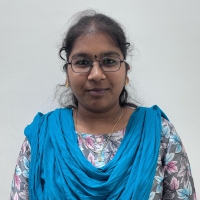
Ms.Vinothaa M
Department Laboratory
The Department of Information Technology owns excellent laboratories which are extensively utilized round the year. These cater to the needs of students, research scholars and faculty members pursuing research in the area of Information and Communication Engineering.

Data Structures Lab
The Data Structures Lab offers a hands-on learning environment where students actively engage with core data structures such as arrays, linked lists, stacks, queues, trees, graphs, and hash tables. Through implementation and exploration, learners build a strong foundation in data organization and manipulation—skills that are essential for developing efficient, scalable software. This lab experience not only deepens their understanding of programming concepts but also prepares them for successful careers in software development.
The Algorithms Lab
The Algorithms Lab emphasizes key algorithmic concepts, including sorting, searching, and graph algorithms, and provides students with a deeper understanding of algorithmic thinking and optimization techniques.
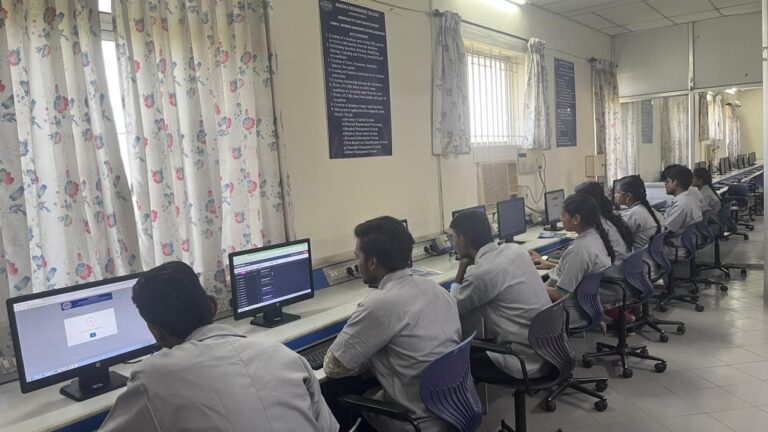
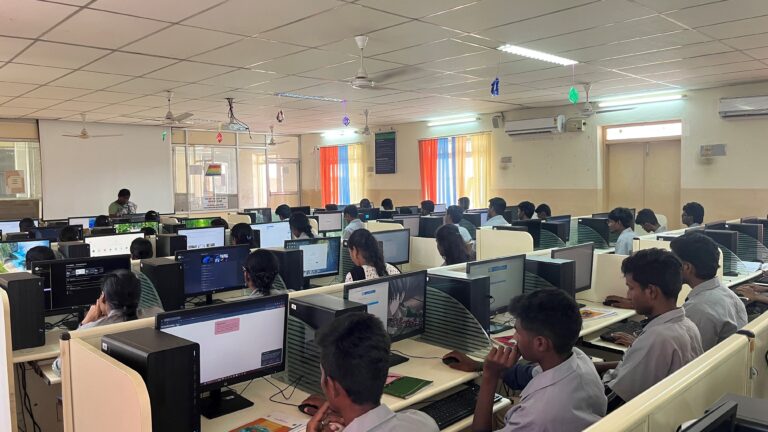
The Networking Lab
The Networking Lab provides a hands-on environment for learning computer networks and communication systems. Students gain practical experience in configuring, managing, and troubleshooting wired and wireless networks. Key concepts explored include IP addressing, routing protocols, network security, and infrastructure design. The lab prepares students for careers in IT, cyber security, and systems administration. Hands-on experience with networking devices and simulation tools is a key aspect of the lab.
Programming Lab
Programming Lab is a foundational space designed to help students develop essential coding skills through hands-on practice and real-time problem-solving. The lab provides an environment where learners can write, compile, debug, and execute programs using various programming languages such as C, C++, Java, Python. It emphasizes logical thinking, syntax mastery, and algorithmic approaches to problem-solving. Whether working on basic concepts or advanced applications, students gain the confidence and technical proficiency needed for software development, academic projects, and industry roles.
